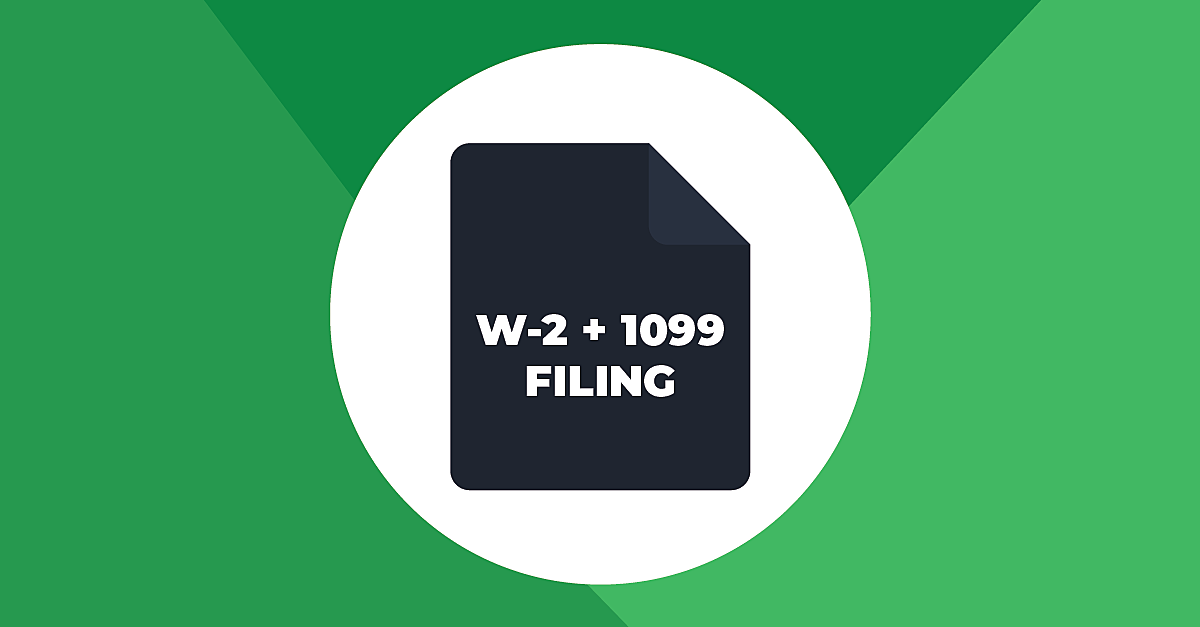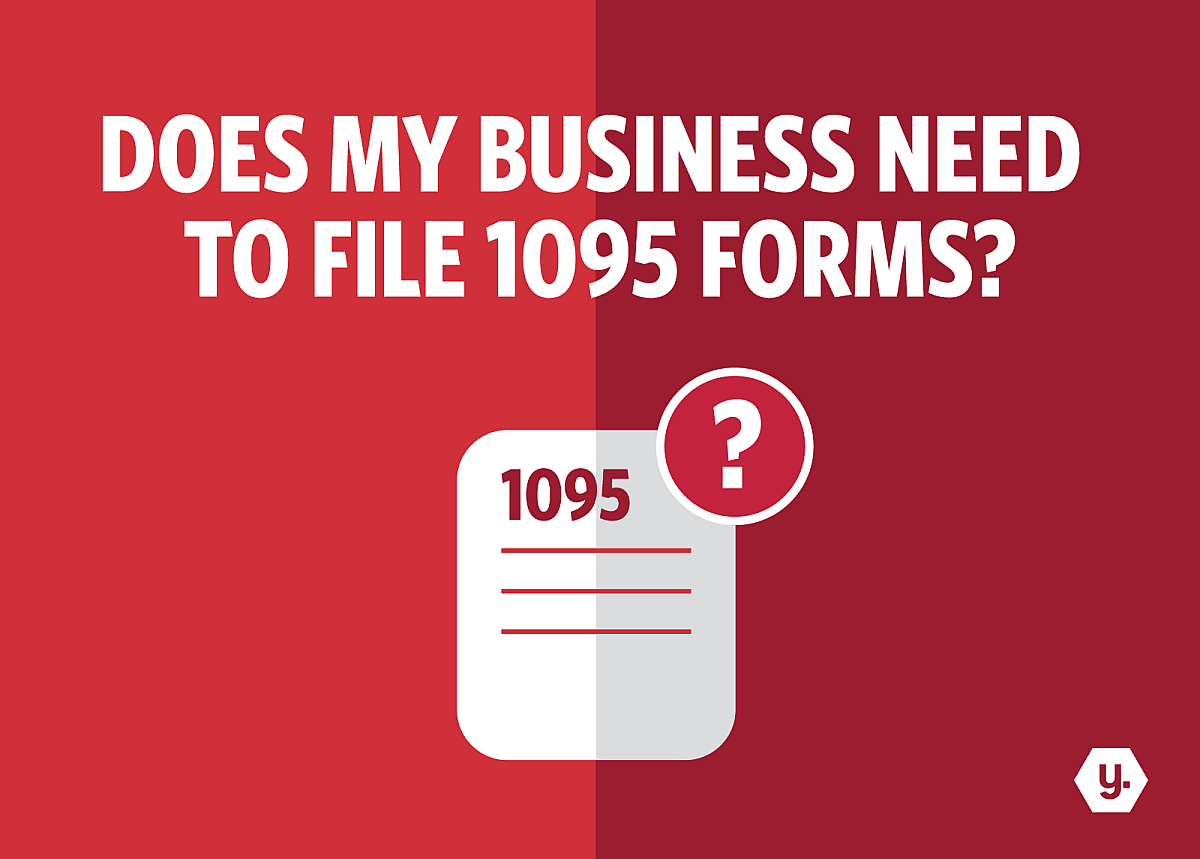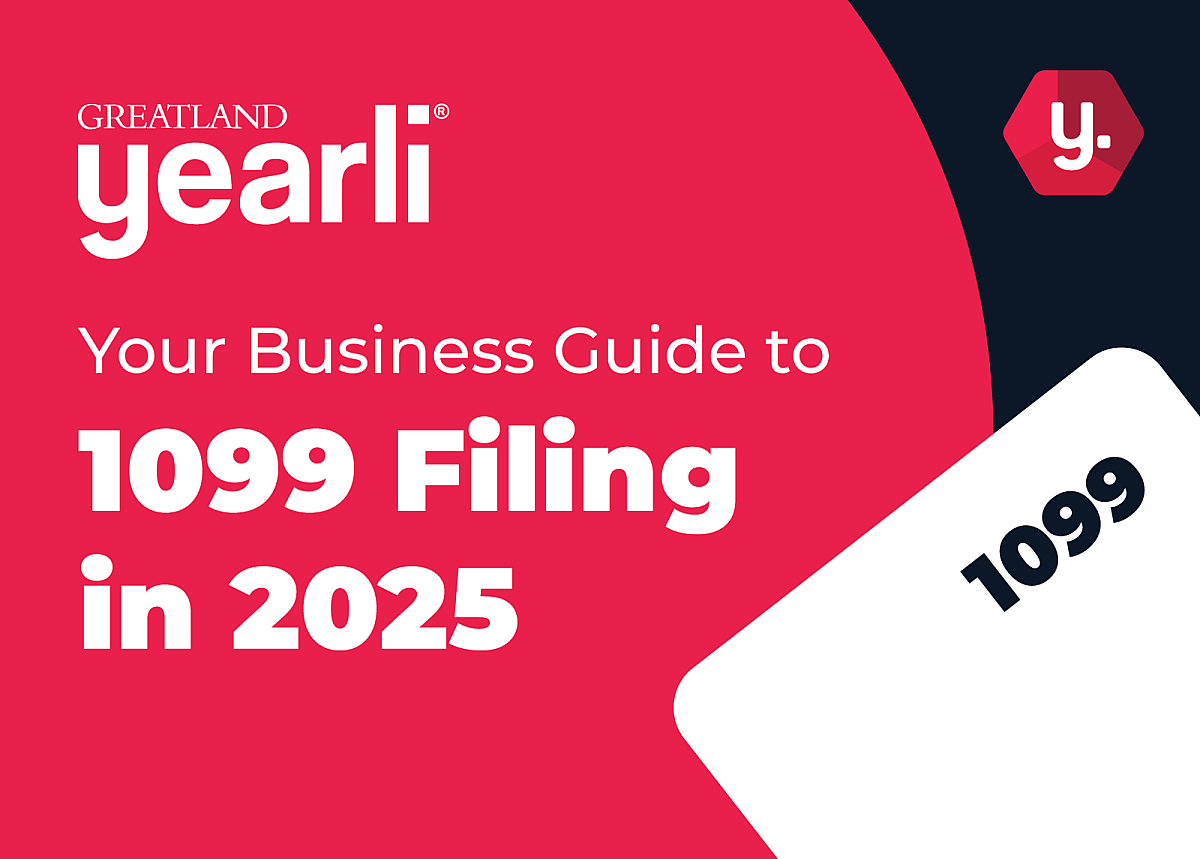
How Businesses Can Better Prepare for the Tax Season
With all of the changes at the federal and state level, tax season can be very confusing for businesses. Therefore, being properly prepared and having the right tools and resources at hand are key.
According to the 2022 PCPS CPA Top Firm Issues Survey, sponsored by the American Institute of CPAs’ practice management section, keeping up with the changes and complexity of tax laws is among the top issues facing many of today’s CPA firms. So, it comes as little surprise that businesses often struggle to make sense of it all.
So what can businesses do to help ensure a successful tax season? Where do they begin? It begins with solid record keeping.
“[Businesses] should review all of their data and determine which payments are reportable on 1099s. So, for example, businesses are required to file 1099-NEC for services performed by an independent contractor, but those payments are only reportable if they are at least $600. So, first, businesses should go through all of their payment records and figure out which ones are actually reportable,” said Janice Krueger, subject matter expert for Greatland, which provides W-2, 1099 and 1095 filing solutions through its online reporting platform Yearli.com.
Continued Krueger, “The next thing I would recommend is that businesses go through and make sure that they have the correct taxpayer identifications for each of their reportable payments, or for each of their independent contractors. And it is always good to validate that information against IRS records.”
This involves leveraging a robust, automated TIN matching service that integrates with the IRS database for accurate validation. With the right service in place, businesses can achieve the following:
- Decrease CP2100/CP2100A notices and penalty notices.
- Reduce the time and effort required to deal with backup withholding and penalty notices.
- Increase efficiency by reducing the number of mismatches to be addressed.
- Reduce the likelihood of paying penalties because the IRS will consider a penalty waiver if the payer used TIN matching and received a positive match response.
Embrace E-Filing
In an effort to drive efficiencies, reduce costs, and combat fraudulent returns, e-filing is the preferred filing method by federal and state agencies. For those businesses that still file via paper, it may be time to rethink that approach and embrace e-filing.
“All agencies prefer that filers file electronically rather than on a paper because the files are much easier, faster, and less costly for them to process rather than to process paper forms,” Krueger said.
That being said, the IRS currently requires e-filing for businesses with 250 or more W-2 or 1099 Forms, per form type. For now.
The tax profession is awaiting final regulations to be handed down that would lower the e-filing threshold from 250 down to eventually 10 forms. In addition, the proposed regulations eliminate the non-aggregation rule. Currently, the 250-return threshold is based on form type. Under the proposed regulations, the filer would combine the total number of forms to be filed and, if the total is more than the e-file threshold number, then all forms would have to be filed electronically regardless of the number per form type.
“When that e-file threshold goes into effect, almost all businesses are going to be required to e-file not only because of the drop in number but there’s also a provision in the regulations that does away with the non-aggregation rule,” Krueger said.
As for states, most stage agencies have already lowered their e-file threshold. This means that even if a business can file its federal forms via paper, it may still be required to file state forms electronically.
So, again, businesses that are still filing tax forms via paper may want to rethink their approach to ensure they are best prepared.
“Taking all of this into consideration, it is important for those businesses that currently do not electronically file to consider e-filing now before the agency requires them to do so,” Krueger advised. “It is best to choose a vendor that can e-file, not only to the federal agencies, but also to the states.”
Automatically Integrate Payroll Data
Many businesses use a payroll provider to process and manage their payroll needs. Leveraging a filing solution that integrates with their payroll software can save filers time and drive greater efficiencies during tax season.
“There’s a lot of filers out there that do use payroll software to manage all of their payroll, and Yearli.com integrates with more than 30 of those software programs,” said Krueger. “In many cases, all the user has to do is log into their third-party payroll software account and then export the data directly into Yearli.com. In some cases, Yearli.com has development templates that allow the data to be taken from the payroll software and moved seamlessly.”
Ensure Security
Ensuring data security is essential. And for good reason. Therefore, preparing for tax season should also mean choose a filing platform that has robust security measures in place. Those security measures should be tested and validated by third-party auditors.
When considering a filing platform, factors to consider include:
- Is all sensitive data that is stored in databases encrypted at the database level?
- Is all communication is encrypted when sent to the site?
- Does the provider permit only authorized parties, who are trained in the proper handling of sensitive customer information, to access that data?
- Is access to data on a need-to-know basis?
- Have the filing products undergone security assessments that have been tested and validated by third-party auditors (i.e., Service Organization Control (SOC) reports)?
- Is data is securely mirrored to a secure offsite Disaster Recovery site so that, in the event of a disaster, data can be recovered and service restored at an offsite location?
“In order to obtain SOC 2 certification, Yearli had to undergo strict auditing processes and continue to adhere to those requirements on an ongoing basis,” said Krueger. “Using these practices as a guideline, Greatland is committed to remaining compliant with SOC certification by making sure the system is protected against unauthorized access (both physical and logical) and that information designated as confidential is protected.”
Preparing for the tax season can seem daunting, but with the right tools and resources businesses can help ensure success. This involves leveraging a filing platform like Yearli.com by Greatland.
Yearli.com was built with compliance in mind, and has been helping businesses with year-end filing for more than 40 years. It has a full-time staff of compliance experts who work year-round. These experts are available by phone, chat and email to help ensure forms are filed on-time and accurately, and Yearli has many self-help features, as well. The program helps guide filers through the entire process.
Latest News
-
 November 25, 2025
November 25, 2025New Alternative Furnishing Method for Forms 1095-B and 1095-C Comes with Complexities
The IRS has updated the Affordable Care Act (ACA) reporting process for Forms 1095-B and 1095-C. These changes aim to reduce administrative costs and simplify reporting, but they also create new compliance challenges for employers and health insurance providers.Read More -
 October 8, 2025
October 8, 2025Your Business Guide to 1099 Filing in 2025: Deadlines and Compliance Tips with Yearli
Businesses must prepare for 2025 IRS 1099 filing by understanding key deadlines for Forms 1099-NEC and 1099-MISC and leveraging e-filing tools like Yearli to stay compliant. This guide outlines important dates, recent IRS updates, and practical tips to avoid penalties and streamline the filing process.Read More -
December 30, 2024
Understanding Form 1099-DA: A Comprehensive Guide to Filing for Digital Asset Transactions
As the use of digital assets like cryptocurrencies and non-fungible tokens (NFTs) continues to grow, so does the need for clear tax reporting guidelines. To address this, the IRS has introduced Form 1099-DA, which will be required starting in 2025.Read More
